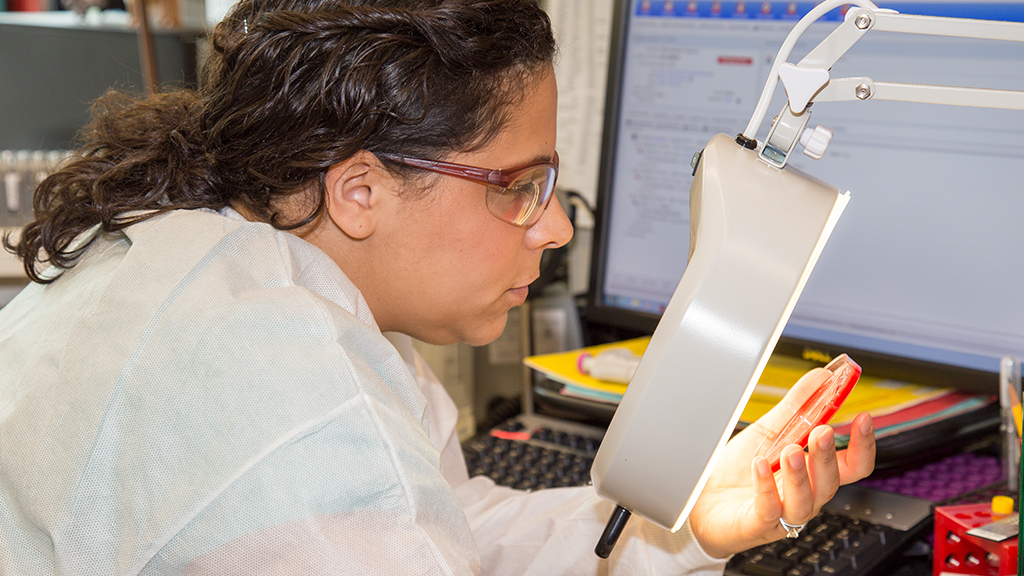Veterinary Testing: A Cornerstone of Pet Health Care
Veterinary Testing: A Cornerstone of Pet Health Care
Blog Article
The health of pets is a top priority, and keeping them healthy starts with health checks. Pet health labs are pillars of modern pet care in preventing diseases for our four-legged friends.
This article, we’ll discuss the importance of veterinary labs and review key diagnostic services.
How Do Veterinary Laboratories Work?
Animal health testing facilities provide health assessments for examining samples. They provide critical insights to tailor care to the pet’s needs.

Typical procedures usually includes:
- Collecting pet health data: Biological materials are sent to the lab.
- In-depth testing: State-of-the-art processes deliver diagnostic insights.
- Reporting outcomes: Information helps manage health for targeted interventions.
Essential Tests in Veterinary Labs
Labs provide diverse options for health checks to manage chronic problems. Key lab services include:
- Complete blood counts (CBC): Detect anemia or chronic conditions.
- Urinary health exams: Identify dehydration.
- Stool testing: Spot signs of infections.
- Skin health exams: Address skin issues.
- X-rays and ultrasounds: Spot fractures or injuries.
laboratorio de analises clinicas veterinarias
laboratorio exames veterinarios
How Testing Supports Pet Health
Consistent lab work ensures better outcomes. With timely diagnostics, you can prevent serious conditions.

The advantages include:
- Improved health outcomes: Chronic issues are managed.
- Avoiding costly emergencies: Early detection reduces expenses.
- Peace of mind: Feel secure about their health.
The Value of Diagnostics for Pet Owners
Veterinary labs ensure pets get the best care possible. Through proactive diagnostics, you ensure your pets are healthy.
Make pet health a priority and give your furry friends the best care possible!
Report this page